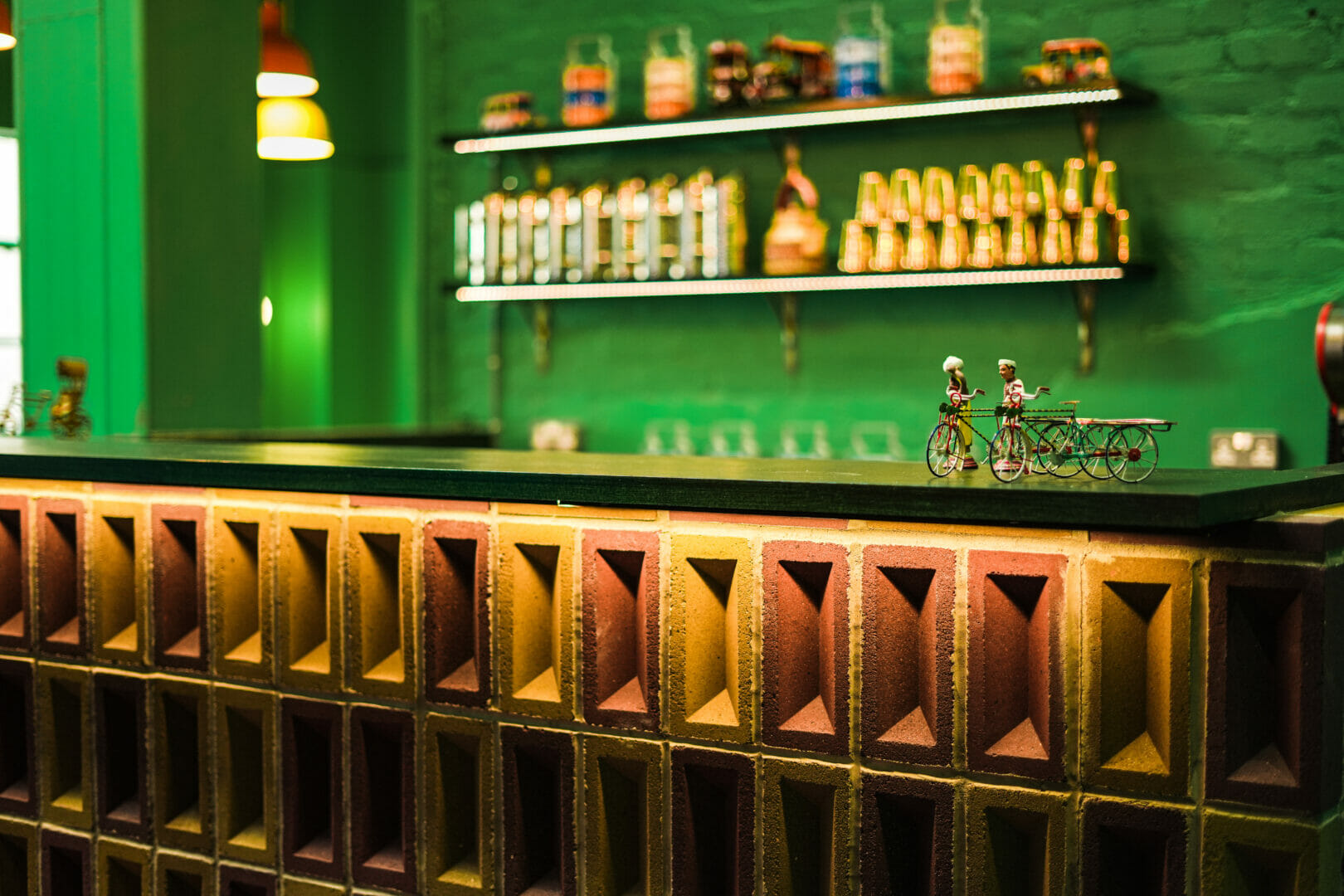
By Dr Sam Chapman, managing director, Kenoteq
The hotel and hospitality industry has been heavily impacted by the coronavirus pandemic. Statistics highlighting the full extent of the damage to this important sector are eye-watering [1]. It could take until 2023 for the industry to return to its pre-Covid levels facing multiple challenges along the way [2]. While there is no one single or indeed quick fix, innovators in all guises are keen to support the sector as it gets back on its feet by helping businesses to embrace new technologies and create new looks.
A report produced by CGA – an on-premise measurement, insight and research consultancy – in association with UKHospitality (UKH) showed that restaurant goers and hotel guests are more environmentally conscious than ever before [3]. 85.6% of travellers say they would pay more for eco-friendly accommodation [4]. Hotels and restaurants are already making considerable strides when it comes to cutting their carbon footprint through day-to-day changes to their operations and approach but are yet to fully embrace these structurally and aesthetically through building design and interior fabrics.
My team and I have made it our mission to help hospitality businesses to cut their carbon footprint without compromising on design and aesthetics. Our product, the K-Briq, is made from over 90% recycled demolition waste, produces a tenth of the CO2 emissions of a traditional fired brick in its manufacture and uses less than a tenth of the energy in the process. The K-Briq and K-Slip can be used to produce stunning brick walls and other features, in a range of colours, boosting the sustainability credentials of a venue and supporting net zero goals.
We recently completed an interior refurbishment project with Tuk Tuk Indian Street Food, working with bold interior design firm S+ CO. Adding a unique and sustainable flair to the interior of the company’s new Edinburgh-based restaurant, the K-Briq has been used to create a statement bar front, which is a focal point for diners. A combination of frogged and solid bricks in a colourful mix of pink and green make up the unique design.
CEO of Tuk Tuk Indian Street Food, Rizvi Khaleque said: “The world needs to move rapidly towards a more sustainable future and the hospitality sector can take a leading role in this. At Tuk Tuk, we have thought deeply about how to make our restaurants more environmentally conscious as well as visually appealing for our guests by including design features that can contribute to the UK’s net zero strategy.
“The K-Briq’s frog brick with its unique pigmentation is completely different from anything else on the market and the final design feature’s look and feel ‘laid back’ which complements our design and atmosphere. I love the colours.”
There is no easy path that the hospitality industry can take to get back on its feet but by speaking with innovators and interior technologists, companies in this sector can start differentiating themselves by making bold choices in design, taking the opportunity to innovate and meet sustainability challenges head on.
